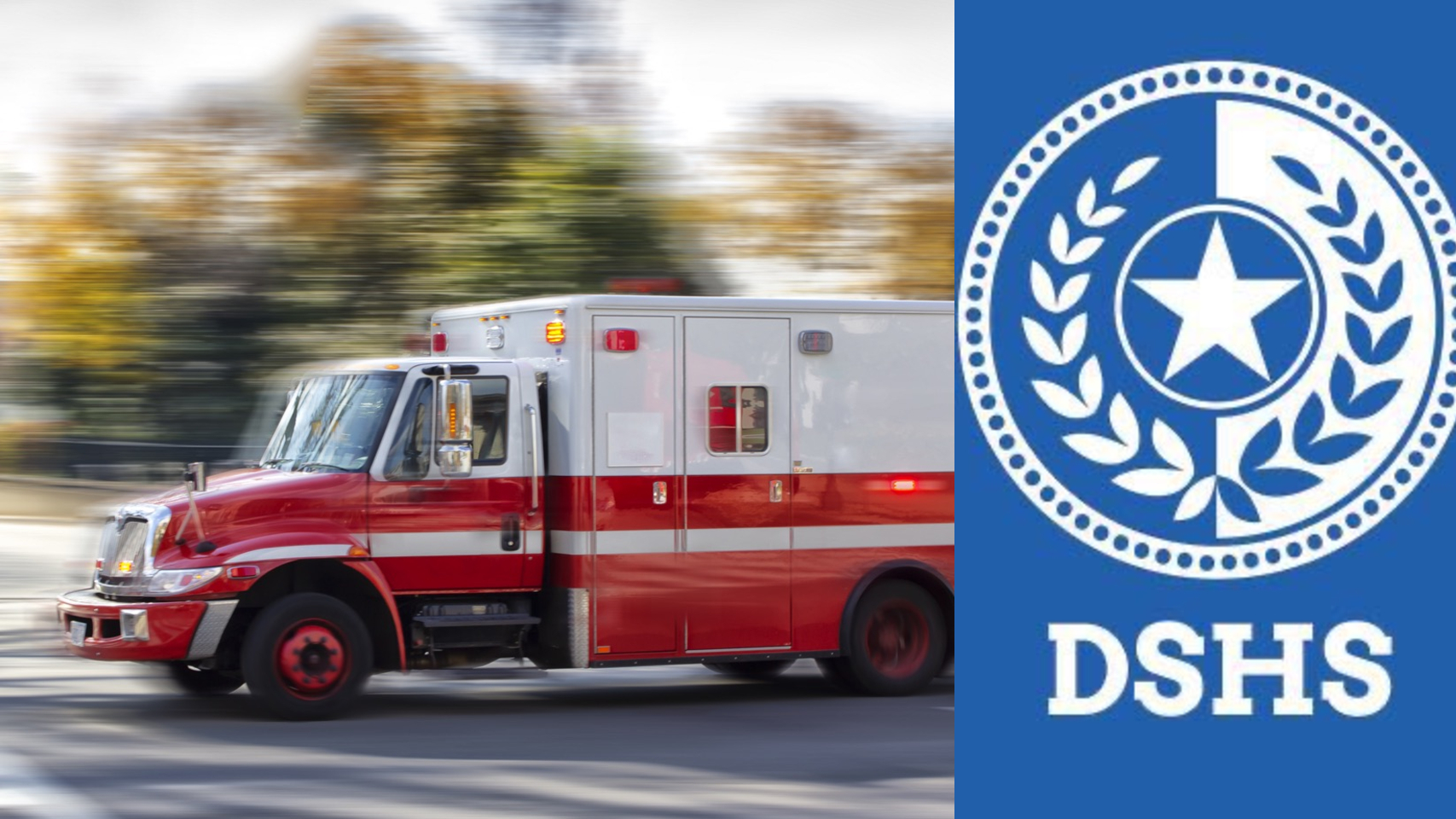Live Courses included:
BLS NCCP L1 – At-Risk Populations (0.5 hr), Culture of Safety (0.5 hr), EMS Hygiene (0.5), Ambulance Safety (0.5 hr)
BLS NCCP L2 – Evidence Based Medicine (0.5 hr), Crew Resource Management (1 hr), EMS Research (0.5 hr)
BLS NCCP L3 – Pediatric Transport (0.5 hr), Airway (1.5 hr)
BLS NCCP L4 – Cardiac Arrest (2 hr)
BLS NCCP L5 – Stroke (1 hr), Ventricular Assist Devices (0.5 hr), Post Resuscitation Care (0.5 hr)
BLS NCCP L6 – Pediatric Cardiac Arrest (2 hr)
BLS NCCP L7 – OB Emergencies (0.5 hr), Pain Management (0.5 hr), Special Needs (1 hr)
BLS NCCP L8 – Toxicological Emergencies – Opioids (0.5 hr), Behavioral (0.5 hr), Neuro – Seizures (0.5 hr), Special Needs (0.5 hr)
BLS NCCP L9 – Endocrine (1 hr), Immunologic (0.5 hr), Infectious Disease (0.5 hr)
BLS NCCP L10 – Trauma Triage (0.5 hr), CNS Injury (0.5 hr), Hemorrhage Control (0.5 hr), Field Triage Disaster/MCI (0.5 hr
Anytime Courses included:
Airway, Breathing and Cardiology
· 12-Lead Electrocardiogram (ECG)
· Acute Coronary Syndrome (ACS) Care
· Carbon Monoxide Poisoning
· Carbon Monoxide Poisoning
· Code Management
· Geriatric Respiratory Emergencies
· Heart Failure
· Respiratory Emergencies: CPAP
· Sudden Cardiac Death
· Supraglottic Airway Management
· VAD Patients: EMS Response
Assessment
· Affective Characteristics
· Capnography
· Field Triage Update
· Assessment: Medical Patient
· Geriatric Assessment
· Interpreting Vital Signs
· Medical Assessment
· Trauma Assessment
Medical Emergencies
· Anaphylaxis
· Asthma
· Bariatric Patient: Care & Transport
· Cold Weather Emergencies: Hypothermia
· Cyanide Poisonings
· Diabetic Emergencies
· Extreme Heat Emergencies
· Geriatric Behavioral Emergencies
· Geriatric Poisonings
· Medical Assessment: Syncope
· Renal Failure: Acute
· Renal Failure: Chronic
· Seizures
· Street Drugs
· Stroke
· Summer Emergencies
Obstetrics and Pediatrics
· Neonatal Care and Resuscitation
· Obstetrics/Childbirth (Newly Revised)
· Pediatric Airway Management
· Pediatric Assessment
· Pediatric Behavioral Emergencies: Autism (ASD)
· Pediatric Cardiac Arrest: Management and Response
· Pediatric Emergencies: Burns
· Pediatric Fevers and Seizures
· Pediatric Poisoning
· Pediatric Respiratory Emergencies
· Pediatric Trauma
· Pregnancy: Medical Emergencies
Operational Tasks
· Assault Victim Care
· Back Injury Prevention for EMS
· Crew Resource Management
· Deaf and Hard of Hearing: Response Awareness
· Domestic Violence
· Human Trafficking: An EMS Perspective
· Lifting & Moving
· Social Media & EMS (New)
· Workplace Stress
· The Role of Research and EBGs
Preparatory
· Agricultural HazMat: EMS Response
· Air Medical Transports
· Bloodborne Pathogens
· Communicable Diseases: Childhood & Travelers
· Critical Decision Making
· DMAT & Mass Gathering Medicine
· Ebola Awareness for EMS
· Emergency Driving
· Emergency Responders, Fire, and Cancer
· Emergency Vehicle Operations
· EMS Flood Response
· Entrapped Patients
· Extended Patient Care Transports
· HazMat: EMS Response
· Infection Control: MRSA
· Infectious Disease Update & Personal Protection
· Intraosseous Vascular Access
· Managing Multiple Patients: EMS Operations
· MCI Management: Transportation Group (New)
· Medication Errors & Equipment Failures
· Opioid Epidemic: Response for EMS
· Pain Management
· Patient Refusal
· Rehab: The Role of EMS
· Report Writing
· Respiratory Protection for Emergency Responders
· Responder Wellness and Fitness
· Risk Management: Refusals & Abandonment
· Scene Safety
· Scene Safety: Meth Labs
· Tactical EMS (New)
· Terrorism: EMS Readiness
· Triage
· Water Rescue Considerations for EMS
Trauma
· Abdominal Trauma
· Blunt Chest Trauma
· Bomb Blast Injuries
· Burns: Thermal
· Combat-Related TBI
· Crush Injuries
· Electrical Injuries
· Extreme Sports Injuries: Extremity Trauma
· Extrication & Patient Packaging
· Eye Injuries: Response for EMS
· Facial Injuries
· Geriatric Trauma: Hip Injuries
· Mechanism of Injury
· Musculoskeletal Emergencies
· MVC Management
· Spinal Injury Management
· Sports Injuries
· Tourniquets & Hemorrhage Control
· Trauma During Pregnancy
Texas EMS Jurisprudence Course and Exam included:
Didactic Objectives
a. HSC 773
Sec. 773.050. MINIMUM STANDARDS – Jurisprudence Exams
Sec. 773.0612. ACCESS TO RECORDS
Sec. 773.064. CRIMINAL PENALTIES
b. 157.02 – Definitions
Meanings as used in Texas Administrative Code Rules
Administrator of Record Requirements
Minimum Staffing requirements for different levels (BLS, ALS,MICU, etc.)
Treatment and Transport Protocol requirements
Minimum Equipment requirements for different levels (BLS, ALS,MICU, etc.)
Responsibilities of the EMS Provider
d. 157.16 – EMS Provider Disciplinary Actions
Reasons for disciplinary actions
Types of disciplinary actions
e. 157.33 – Certification
Certification requirements
Certification length
Time limit on completing requirements
Reciprocity
Responsibilities of an EMS Personnel
f. 157.34 – Recertification
Recertification requirements
Recertification Options
Late recertification
g. 157.36 – EMS Personnel Disciplinary Actions
Reasons for disciplinary actions
Types of disciplinary actions
h. 157.38 – Continuing Education
Local credentialing and authorization to practice
Definitions
Types of and criteria for acceptable continuing education
Responsibilities of certified or licensed EMS personnel
Audits
i. 197.3 Off-line Medical Director
Duties
Requirements of the medical director
Education requirements
Physicians that may not be off-line medical director
j. 103 Injury Prevention and Control
Purpose
Confidentiality of Records
Reporting requirements for EMS Providers


